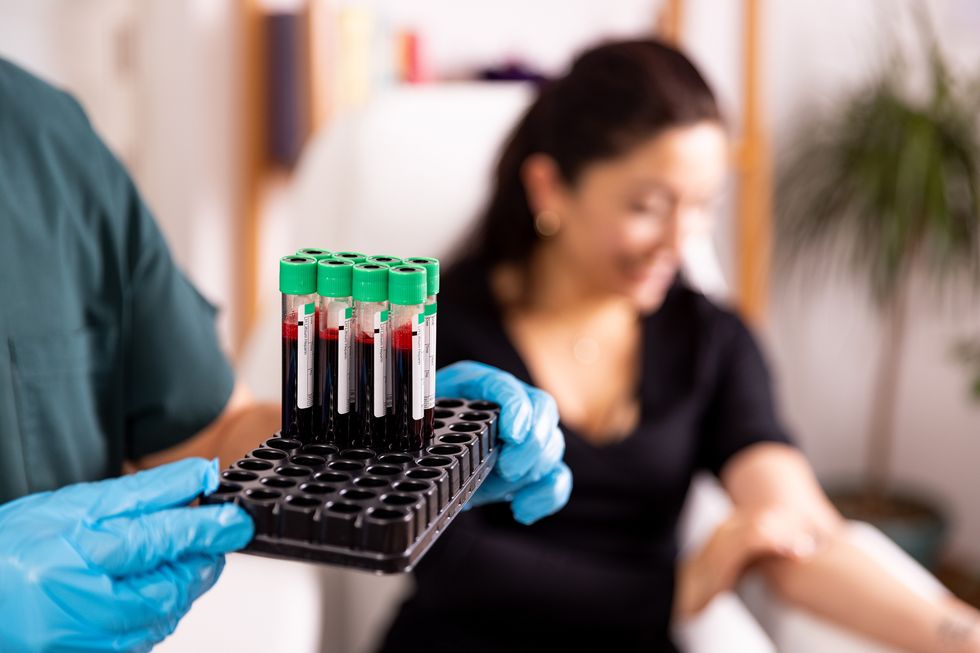Melania Constable and Jessica Williams explain what the collapse of the three trading entities in the Converse Pharma Group could mean for the entire sector…
The collapse of the three trading entities in the Converse Pharma Group (Testerworld Limited, Doncaster Pharmaceuticals Group Limited and Eclipse Generics Limited) (the Group) in May 2022 undoubtedly caused ripples throughout the community pharmacy industry.
The Group, a major supplier of pharmaceuticals, had a combined turnover over £300m, employed 1,000 staff members and supplied over 4,000 pharmacies throughout the country.
The Group is licensed and regulated by the MHRA. At the beginning of 2021, a breach of the MHRA licensing regulations caused a temporary (but prolonged) cessation of trading.
The Group was able to secure the ongoing support of its secured creditors during this time, however, when the licenses were subsequently reinstated, they came with restrictions.
Unfortunately for the Group, the period of the suspension and the subsequent restrictions over the licences caused a significant reduction in revenue, from which the Group was unable to recover.
Ultimately, by May this year, the companies in the Group had exhausted their working capital and had no prospect of raising the funding they required to continue to trade.
The companies were placed into administration and individuals at Kroll were appointed as administrators.
So what does the administration mean for the pharmacy industry?
When a company enters administration, an insolvency practitioner is appointed as the company’s administrator.
The administrator takes over control of the company’s business and assets from the company’s directors.
The administrator must achieve one of three of the statutory objectives in an administration.
The primary objective is to rescue the company as a going concern (the First Objective).
However, where there is not possible, the appointed administrator will aim to achieve a better result for creditors as a whole than would be likely if the company were wound up (the Second Objective).
However, where that is not reasonably practicable, then the third and final objective will be to realise some or all of the company’s property to make a distribution to one or more secured or preferential creditors (the Third Objective).
In the case of the Group, Kroll acting as the Group’s administrators, have confirmed that they do not anticipate that the First Objective will be possible.
Instead, the administrators are seeking to pursue the Second Objective through a potential sale of certain operations and assets of the companies in the Group or, failing that, they will seek to achieve the Third Objective through the collection of companies’ book debt ledgers.
Although some companies which enter administration will continue to trade (under the management of the administrators), in this case, the administrators confirmed that the companies will immediately cease trading and instead the administrators will take steps to immediately wind down the companies.
Winding down pharmaceutical suppliers on this scale is not a straightforward task.
As a result of the fact that the companies will not continue to trade, the vast majority of the staff have been made redundant (though a few individuals have been retained to assist the administrators with the winding down of the companies).
The administrators will also need to liaise with regulators, the management team and the secured lenders for the companies.
The administrators will be looking to maximise the recoveries for the benefit of the creditors of the companies.
In this case, the administrators have confirmed that there will not be a complete sale of the business, but they have stated that they will look to sell some of the operations, assets and pharmaceutical stock.
What does this mean for debtors of the group?
As part of their statutory duties to collect in and realise the companies’ assets, the administrators will look to confirm that all debtors of the companies have made full payment of any sums due.
The administrators have confirmed that the debtor book for the companies is one of the largest assets that they will look to recover and that such debts include wholesale and independent pharmacy customers operating in the UK.
For Testerworld, the outstanding balance due amounts to over £32m.
Pharmacies who are in debt to one of the companies should not see the collapse of the companies as a potential “get out of jail free card” for any outstanding payments which are due.
Whilst it may take the administrators time to consider the books and records of the companies and identify any pharmacies that still owe money, it is inevitable that a claim for outstanding payments will be made.
If invoices remain unpaid after chasing, it is open to the administrators to commence proceedings against the debtors to recover sums which are due and/or to negotiate a compromise or settlement of such claims where deemed appropriate.
It would therefore be unwise for a pharmacy to ignore letters of demand from administrators or their legal representatives.
What does this mean for creditors of the group?
Following the Group’s entry into administration, it will have the protection of a statutory moratorium which restricts the ability of creditors to enforce their claims against the companies.
This means, by way of example, that a creditor will not be able to instigate or continue legal proceedings against the companies without the prior consent of the administrators or the consent of the court.
This moratorium provides the company in administration with a “breathing space” during which the administrators can carry out their necessary work to achieve the statutory purpose of the administration.
Creditors of the companies will be hoping that the administrators have cash at bank to facilitate a payment of dividends to creditors.
However, the administrators have presently indicated that there is uncertainty over whether there will be sufficient assets to enable a distribution to unsecured creditors.
No doubt further information will be provided by the administrators on the prospects of a dividend for creditors as the administrations progress and once it is known whether a sale of the companies’ operations and/or assets will be achievable.
Those who consider that they are creditors of the companies but who have not received a copy of the progress report directly from the administrators, should look to contact the administrators and put them on notice of their potential claim in the administration(s) by filing a proof of debt form.
It is important to make sure that the administrators are aware of all claims so that they can ensure that such creditors are informed as to the progress of the respective administration(s) and, as and when the time comes, to enable such creditors to participate in any dividends.
The above is a general overview and we recommend that independent legal advice is sought for your specific concerns. If you require further information in relation to the points raised in this article you should contact Melania Constable or Jessica Williams, solicitors at Charles Russell Speechlys LLP in the Corporate Restructuring and Insolvency team. Melania can be contacted on melania.constable@crsblaw.com and Jessica can be contacted on jessica.williams@crsblaw.com.















 A woman using kiosk at pharmacy store gettyimages
A woman using kiosk at pharmacy store gettyimages  Pharmacist examining commissioning machine in pharmacy gettyimages
Pharmacist examining commissioning machine in pharmacy gettyimages 

 Pharmacyexprezz offers blood tests, travel vaccinations, earwax removal, cryotherapy and more.
Pharmacyexprezz offers blood tests, travel vaccinations, earwax removal, cryotherapy and more. The team at Pharmacyexprezz continues to grow
The team at Pharmacyexprezz continues to grow